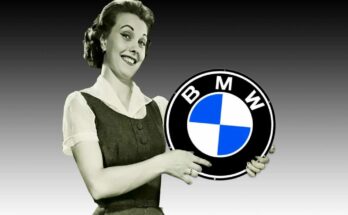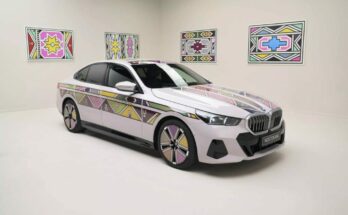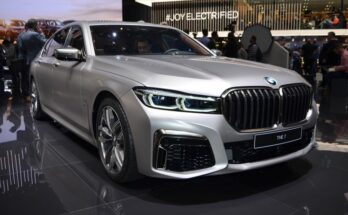Unlike many of its competitors, BMW has chosen a different strategy for electrifying its range: it manufactures both battery- and piston-powered vehicles using the same fundamental architecture and frequently on the same assembly line. Oliver Zipse, the company’s boss, outlined the rationale behind this unusual approach.
At a Frankfurt, Germany, economic symposium, the CEO stated, “We don’t want to write off the combustion engine.” Notably, BMW hasn’t stated when it will stop producing cars that run on gasoline and diesel, and the company honestly acknowledges that a big portion of its customer base prefers not to own an electric vehicle. In the past, Zipse has also cautioned legislators against imposing laws that would force drivers to switch to electric vehicles.
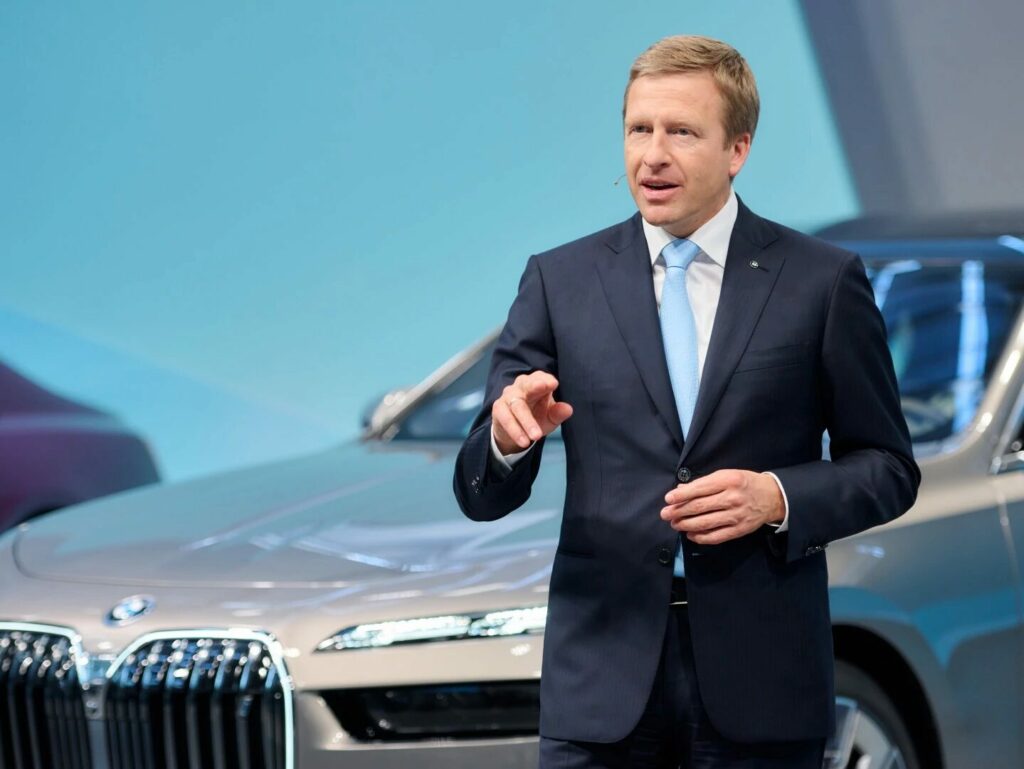
The German daily Frankfurter Allgemeine claims that although sales of the brand’s electric models have climbed, sales of its hybrid and piston-powered vehicles have “only slightly” decreased. Since the ratio of “EVs up to ICE down” isn’t proportionate, one sold electric car doesn’t always mean that one with an internal combustion engine is replaced.
Related: Major Automakers Planning to Push for Hydrogen-Powered Cars
If the entire industry switched to electric vehicles, Zipse told attendees, many customers would just retain their gasoline or diesel-powered cars longer. According to him, e-fuels ought to be discussed in this debate as well, particularly because there are more than 1.2 billion piston-powered cars on the road today. Assuming that these cars will vanish from the road overnight is irrational. Ultimately, combustion-powered cars outsell EVs by a wide margin. It’s wrong to “badmouth products that are still being offered,” Zipse added.
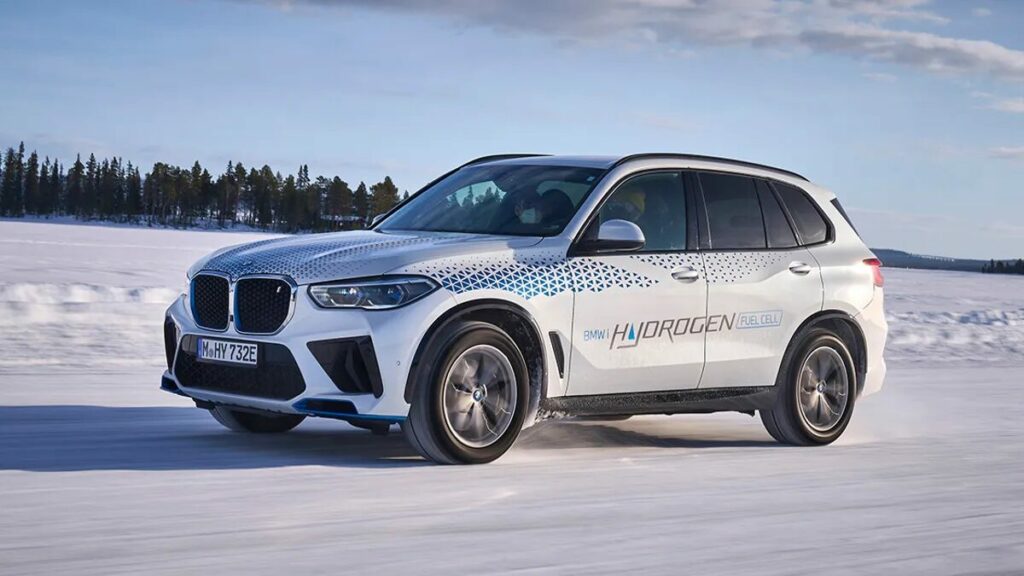
BMW doesn’t exactly think that electric vehicles will rule the future. In addition to experimenting with the technology for almost 20 years, the company is heavily investing in hydrogen technology, both independently as well as in collaboration with Toyota. It debuted the iX5, an experimental SUV with a hydrogen-electric drivetrain, earlier in 2023. Its range is more than 300 miles (around 480km), and refilling only takes a few minutes.

Responsible for delivering local & international automotive news.

